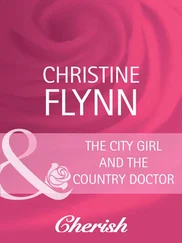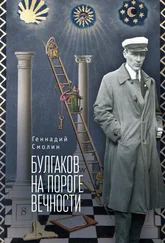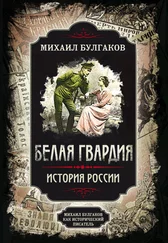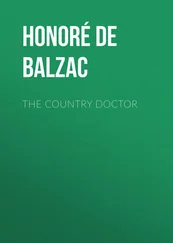My pupils, I have decided, are the only danger signs, and for that reason I shall make it a rule not to see anyone in the evening. For this, incidentally, there could be no more convenient place than my isolated practice; it is six months since I have seen anyone except my patients, and they have not the slightest interest in me.
18th May
A sultry night. A thunderstorm is brewing, black storm clouds building up beyond the forest. A moment ago there came a pale warning flash of lightning. The storm has begun.
A book is open in front of me and this is what it has to say about the symptoms of morphine withdrawal:
‘… morbid anxiety, a nervous depressed condition, irritability, weakening of the memory, occasional hallucinations and a mild impairment of consciousness …’
I have not experienced any hallucinations, but I can only say that the rest of this description is dull, pedestrian and totally inadequate. ‘Depressed condition’ indeed! Having suffered from this appalling malady, I hereby enjoin all doctors to be more compassionate toward their patients. What overtakes the addict deprived of morphine for a mere hour or two is not a ‘depressed condition’: it is slow death. Air is insubstantial, gulping it down is useless … there is not a cell in one’s body that does not crave … but crave what? This is something which defies analysis and explanation. In short, the individual ceases to exist: he is eliminated. The body which moves, agonises and suffers is a corpse. It wants nothing, can think of nothing but morphine. To die of thirst is a heavenly, blissful death compared with the craving for morphine. The feeling must be something like that of a man buried alive, clawing at the skin on his chest in the effort to catch the last tiny bubbles of air in his coffin, or of a heretic at the stake, groaning and writhing as the first tongues of flame lick at his feet.
Death. A dry, slow death. That is what lurks behind that clinical, academic phrase ‘a depressed condition’.
I can’t hold out. I have just had to inject myself. A deep breath. And another.
Feeling better. Ah … there it is … a stab of cold in the pit of my stomach, a taste of peppermint …
Three syringes of a 3% solution. That will last me until midnight.
Nonsense. That last entry was nonsense. It’s not as bad as that. Sooner or later I’ll give it up … but now I need sleep, sleep.
This idiotic, agonising battle against morphine is wearing me out.
( The next couple of dozen or so pages are torn out .)
…ing.
… gain vomited at 4.30 a.m.
When I feel better I shall record this appalling experience.
14th November 1917
So having run away from Doctor …’s ( the name has been carefully crossed out ) clinic in Moscow, I am home again. The rain is streaming down and shrouding the outside world from my sight. Long may it do so. I don’t need the world any more, and no one in the world needs me. I was in the clinic while the shooting and the coup d’etat took place, but the idea of abandoning the cure had begun insidiously to grow in my mind even before the fighting started in the streets of Moscow. I have the morphine to thank for making me brave. I’m not afraid of rifle fire now. After all, what can possibly frighten a man obsessed by one thing only—the divine, wonder-working crystals? The nurse, utterly terrified by the crash of gunfire …
( page torn out )
… pped out that page so that no one should read the disgraceful account of how a professional man ran away like a cowardly thief and stole his own suit.
And not only my suit; I was so desperate that I also took a hospital shirt. Next day, having given myself an injection, I pulled myself together and returned to Doctor N. His attitude was one of pity, but even so I sensed contempt behind his pity, which was wrong of him: he is after all a psychiatrist and ought to realise that I am not always in control of myself. I am a sick man. He should not despise me. I gave back the hospital shirt.
‘Thank you,’ he said. ‘And what do you propose to do now?’
Being then in a state of euphoria, I said cheerfully: ‘I have decided to go back to my practice; my leave is over, anyway. I am very grateful to you for your help and I feel decidedly better. I shall continue the treatment at home.’
To this he replied: ‘You are not in the least better. I find it ludicrous that you should say this to me. One look at your pupils is enough. Who do you think you’re talking to?’
‘I can’t throw off the addiction all at once, professor … especially now, with all that’s going on around us … the gunfire has made me a nervous wreck.’
‘It’s over now. We have a new government. Go back to bed.’
As he said this I remembered it all: the chilly corridors, the blank, shiny oil-painted walls … and myself limping past them like a lame dog, waiting for something … For what? For a hot bath? No, for a wretchedly small injection of 5 milligrammes of morphine. I can stay alive on a dose of that size, but only just. And the anguish remains, weighing me down like lead, just as it did before. Sleepless nights, the shirt which I tore to shreds as I begged them to let me go.
No. They have invented morphine, extracting it from the dried, rattling seed-heads of that divine plant, so let them damn well find a painless cure for it! I shook my head obstinately. At that the professor stood up and I suddenly rushed for the door in terror. I thought he meant to lock me in and keep me in the clinic by force.
The professor turned red in the face. ‘I am not a warder,’ he said with some irritation, ‘and this isn’t the Butyrki Prison. Sit down and relax. Two weeks ago you claimed you were completely normal. Yet now …’ Expressively, he imitated my gesture of fear. ‘I’m not keeping you here.’
‘Professor, give me back my committal certificate. I beg you.’ my voice quavered pitifully.
‘By all means.’
With a jingle of keys he opened a drawer in his desk and handed me the certificate, on which I had voluntarily committed myself to taking the full two-month cure and had agreed that they should restrain me from leaving the clinic—the usual wording.
As I took the certificate with a trembling hand and stuffed it into my pocket I mumbled:
‘Thank you.’
Then I got up to go and started to leave.
‘Doctor Polyakov!’ His voice rang out behind me. I turned round, my hand on the doorknob. ‘Listen,’ he said, ‘think it over. You must realise that you will inevitably land up in a psychiatric hospital at a slightly, er … later stage. And when you do, you will be in a far worse condition. So far I have at least been able to deal with you as a doctor. But later you will be in a state of total mental collapse. Strictly speaking, my dear fellow, you are not fit to practise and I shall be breaking the law if I do not notify your local medical authority to that effect.’
I shuddered and plainly felt the colour drain from my face (although I was pale enough already).
‘I beg you, professor,’ I said dully, ‘not to tell them anything … I’d be struck off with ignominy for being an addict … Surely you wouldn’t do that to me?’
‘Oh, very well then, go,’ he shouted irritably. ‘I won’t say anything. All the same, you’ll be back.’
I went, and I swear that I was racked with pain and shame all the way home. Why?
The answer’s simple. Ah, my diary, my faithful friend—you at least won’t give me away, will you? It was not because of the suit, but because I also stole some morphine from the hospital. Three cubes in crystal form and ten grammes of 1% solution.
But this in itself is not the only thing which interests me. The key was in the lock of the hospital’s drug cabinet. Supposing it had not been. Would I have smashed open the cupboard? Would I? In all honesty?
Читать дальше
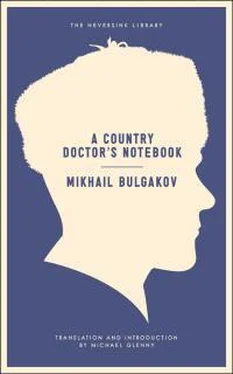
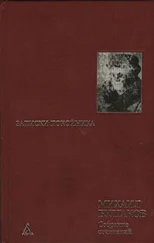
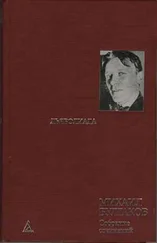
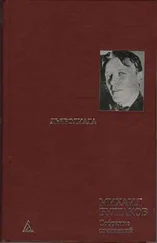
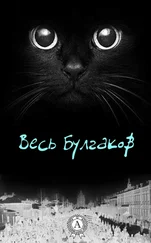
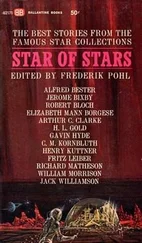
![Михаил Булгаков - Весь Булгаков [litres; сборник]](/books/400110/mihail-bulgakov-ves-bulgakov-litres-sbornik-thumb.webp)
